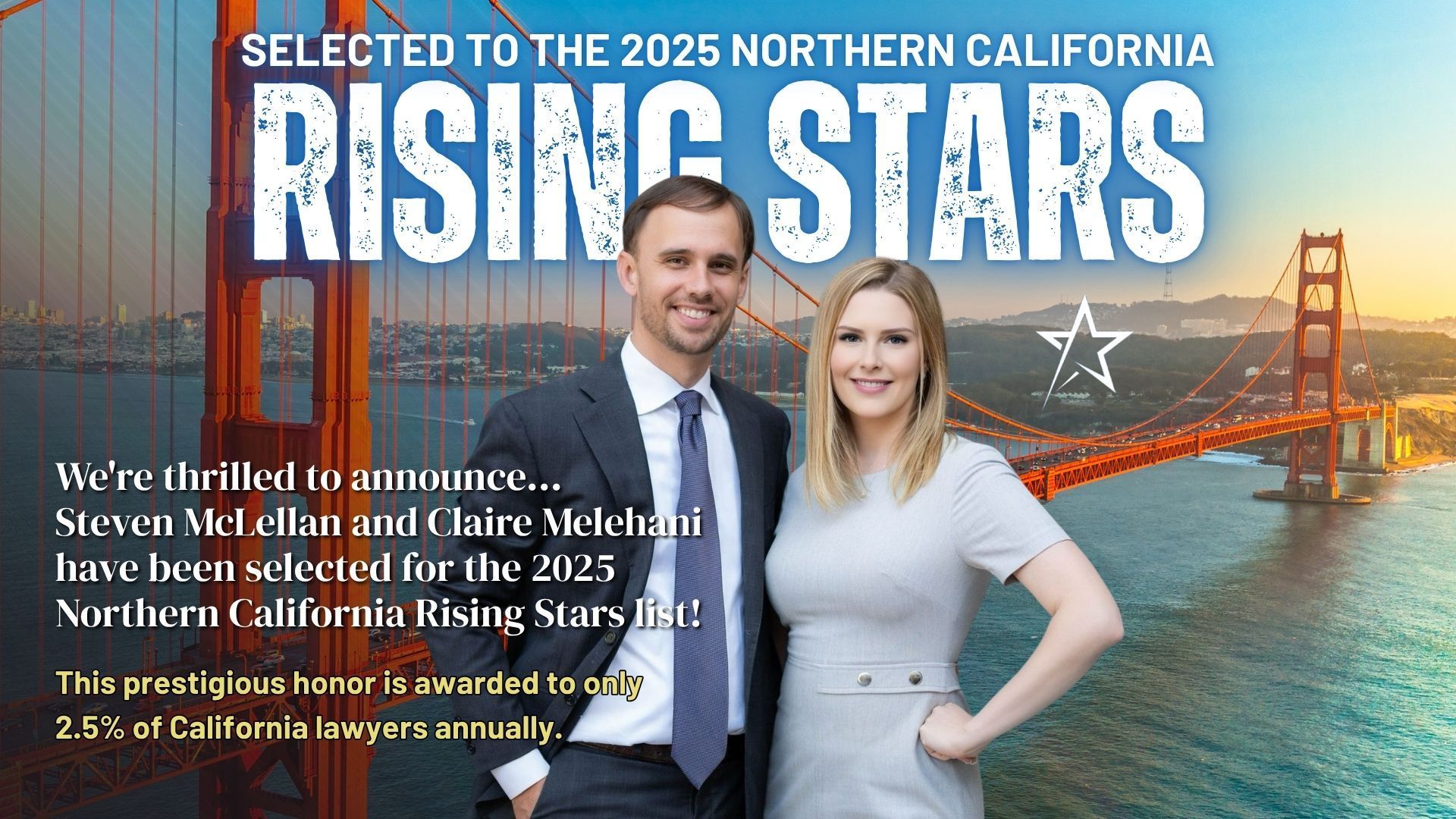California’s recent amendments to
Code of Civil Procedure sections 2016.090 and 2023.050 introduce significant changes to the discovery process, aiming to streamline litigation and reduce costs. These changes, which took effect on January 1, 2024, include the adoption of mandatory initial disclosures and stricter penalties for discovery misconduct.
At
McLellan Law Group, LLP, we are dedicated to keeping you informed about developments that could affect your business or personal litigation strategy. Here’s what you need to know about the new rules and their implications.
Section 2016.090: Mandatory Initial Disclosures
One of the most notable changes is the introduction of mandatory initial disclosures, which apply to most civil actions filed on or after January 1, 2024. These disclosures are designed to increase transparency and reduce the need for extensive discovery by requiring parties to share key information early in the litigation process.
Note: This section is presently scheduled to sunset on January 1, 2027, where it will no longer be mandatory, but voluntary, for parties to engage in initial disclosures. However, it is likely that the Legislature will review extending the mandatory initial disclosures.
What Must Be Disclosed?
Supplemental Disclosures
Parties are permitted to update their initial disclosures as new information becomes available. Specifically:
- Up to
two supplemental demands may be made before the trial date is set.
- One supplemental demand may be made after the trial date is set, with additional demands allowed by court order for good cause.
Exemptions
Initial disclosures are not required in:
- Unlawful detainer cases.
- Small claims matters.
- Family or probate cases.
- Cases granted trial preference under Section 36.
- Cases involving self-represented parties.
This shift encourages early case assessment and can help reduce unnecessary delays caused by discovery disputes. These changes also bring California closer to federal discovery rules
Section 2023.050: Mandatory Sanctions for Discovery Misconduct
California has also strengthened enforcement mechanisms for discovery compliance under Section 2023.050. Courts are now required to impose $1,000 monetary sanctions—in addition to any other applicable penalties—when parties, attorneys, or individuals engage in specific bad-faith discovery practices. The mandatory sanctions apply to misconduct regarding requests for production of documents, either through first-party discovery or third-party subpoena.
When Are Sanctions Imposed?
Exceptions to Mandatory Sanctions
The court may excuse sanctions if:
- The sanctioned party acted with
substantial justification.
- Imposing the sanction would be
unjust under the circumstances.
Reporting Requirements for Attorneys
Attorneys sanctioned under this section may be required to report the sanction to the
State Bar of California within 30 days, depending on the court’s discretion. This provision highlights the seriousness of discovery misconduct.
Rebuttable Presumption for Self-Represented Parties
Self-represented individuals are presumed to have acted in good faith unless proven otherwise by
clear and convincing evidence. This presumption protects those without legal representation from automatic sanctions.
Key Takeaways for Civil Litigation
The changes to Sections 2016.090 and 2023.050 are designed to improve the efficiency and fairness of the discovery process. Key benefits include:
- Increased Transparency: Mandatory initial disclosures help parties gain a clearer picture of the case early on.
- Stronger Enforcement: Mandatory sanctions deter bad-faith discovery tactics, ensuring that parties comply with their obligations.
- Reduced Costs: By minimizing discovery disputes and encouraging early resolution, these changes can help reduce litigation expenses.
However, the rules also introduce additional responsibilities. Parties must carefully document their compliance with disclosure and meet-and-confer requirements to avoid sanctions.
How McLellan Law Group, LLP Can Help
Discovery compliance is essential to the success of any case. At McLellan Law Group, LLP, we help clients:
- Prepare and verify initial disclosures to meet legal requirements.
- Document communications to demonstrate good faith during the discovery process.
- Avoid sanctions by staying compliant with updated discovery rules.
Whether you’re navigating litigation or arbitration, our team can help you manage discovery efficiently and protect your interests.
Conclusion
The amendments to California Code of Civil Procedure sections 2016.090 and 2023.050 reflect a significant shift toward greater transparency and accountability in the discovery process. By understanding these changes, parties can reduce the risks of sanctions and position their cases for success.
Litigation Consultations for Californians
At McLellan Law Group, LLP, our team is dedicated to helping California residents navigate the complexities litigation. If you’re facing a lawsuit or need guidance on potential trust litigation, our attorneys can provide customized advice to protect your interests. Request a free consultation today to discuss your situation and explore your options.
If you have questions about how these rules apply to your case, contact
McLellan Law Group, LLP to schedule a consultation. Let us help you navigate California’s evolving legal landscape.
Stay informed by visiting our blog regularly and following
McLellan Law Group, LLP on Instagram and LinkedIn.
California Discovery Rules FAQs
What are initial disclosures under California Code of Civil Procedure Section 2016.090?
Initial disclosures require parties to share key information early in litigation, including witness contact information, evidence, and insurance or contractual agreements relevant to the case.
When do I need to provide initial disclosures in a California civil case?
Parties must provide initial disclosures within 60 days of a demand by any other party in the case.
What happens if I fail to meet and confer in a discovery dispute?
Under Section 2023.050, failure to meet and confer in good faith may result in a mandatory $1,000 sanction payable to the requesting party.
Can I avoid a discovery sanction if I have a good reason for my actions?
Yes, the court may excuse sanctions if it finds substantial justification for your actions or determines that imposing the sanction would be unjust.
Are self-represented parties subject to the same discovery rules as attorneys?
Yes, but self-represented parties are presumed to have acted in good faith unless clear and convincing evidence proves otherwise.
What should I do if I’m facing a discovery sanction in California?
Contact McLellan Law Group, LLP immediately for guidance on responding to sanctions and resolving your discovery issues.














